Companies doing business in the United States (or having a connection to the United States) increasingly have found themselves as defendants facing charges of racketeering in suits under RICO. Chad Purdie looks at the issue from a civil point of view with a detailed explanation of the RICO statute. This article also addresses the two key tests that apply for a civil RICO claim, as well as gives useful advice to companies doing businesses abroad.
When the United States Congress passed the Racketeering Influenced and Corrupt Organizations Act (RICO), Title 18 U.S. Code §§ 1961-1968, in 1970, its sought to tackle head-on organized crime and the mafia. RICO called for extended criminal penalties against its violators and a civil private right of action for its victims. Although its original intent was quite limited, now 40 years later, RICO is used against individuals, businesses, and terrorist organizations.
The most widely used subsection of the civil portion of RICO is 18 U.S.C. § 1962(c), which makes it “unlawful for any person employed by or associated with any enterprise engaged in, or the activities of which affect, interstate or foreign commerce, to conduct or participate, directly or indirectly, in the conduct of such enterprise’s affairs through a pattern of racketeering activity or collection of unlawful debt.” In other words, if you are involved with a group of people who use an organization for purposes that are illegal under U.S. law, there is a chance you are violating RICO.
RICO’s broad definition and legal application have become a trap for the unwitting foreigner. While the foreigner’s illegal conduct might take place almost entirely overseas, U.S. courts have proved themselves willing to apply RICO whenever possible. In doing so, they have borrowed two tests from securities and anti-trust jurisprudence – the “effects test” and the “conduct test.”
“Effects Test”
Under the “effects test,” the court looks at whether the effects on the United States that the foreign conduct produced are both substantial and direct. North South Fin. Corp. v. Al-Turki, 100 F.3d 1046, 1051 (2d Cir. 1996). Critically, a plaintiff “must provide specific, rather than general or speculative, evidence that the alleged racketeering activity affected the United States.” Wiwa v. Royal Dutch Petroleum Co., 2009 WL 928297, *4 (S.D.N.Y. March 18, 2009). The seminal case affecting Florida is Liquidation Com’n of Banco Intercontinental, S.A. v. Renta, 530 F.3d 1339 (11th Cir. 2008). There, a receiver for an insolvent Dominican bank brought a RICO claim against a Florida businessman for wrongfully diverting millions of dollars in bank funds. Id. at 1343. The Eleventh Circuit Court of Appeals found that since no United States person or business was harmed, and the effects were felt predominantly in the Dominican Republic where the victims were located, the effects test had not been met. Id. at 1352. There simply was no evidence of any specific effect on the United States. Id.
“Conduct Test”
Under the conduct test, “[o]nly where conduct within the United States directly caused the loss will a district court have jurisdiction” over a RICO claim. North South Fin. Corp., 100 F.3d at 1051. Importantly, the wrongful activities in the United States must be more than “merely preparatory” to the act actually committed abroad. Itoba Ltd. v. LEP Group, PLC, 54 F.3d 118, 122 (2d Cir. 1995). In other words, courts focus their analysis on how the conduct within the United States relates to the wrongful acts. North South Fin. Corp., 100 F.3d at 1051. Turning back to Renta, the Eleventh Circuit found that although the effects test was not met, the conduct test was because a significant amount of the conduct in furtherance of the RICO scheme occurred in the United States. Renta, 530 F.3d at 1352. Particularly, the defendants had made several money transfers between U.S.-based bank accounts, and among their goals was the enrichment of an American entity owned by the Florida businessman. Id.. Since those activities were not merely preparatory to the actual commission of the foreign-based act, but indeed were acts furthering the wrongdoing, the court found that RICO should be applied to the Dominican-based wrongdoing. Id.
Thus, although someone’s actions might take place abroad with seemingly limited connection to the United States, one must be aware that U.S. courts will not hesitate to find that those foreign activities are still within RICO’s grasp. As such, RICO’s harsh criminal sentences and hefty civil penalties should be on the mind of anyone looking to violate U.S. law – wherever they may be.







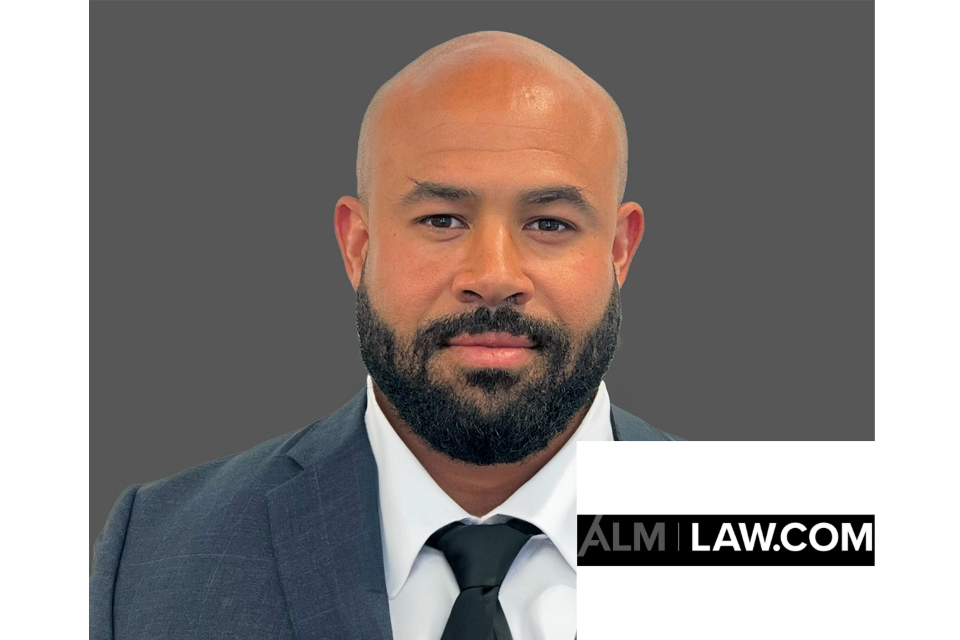



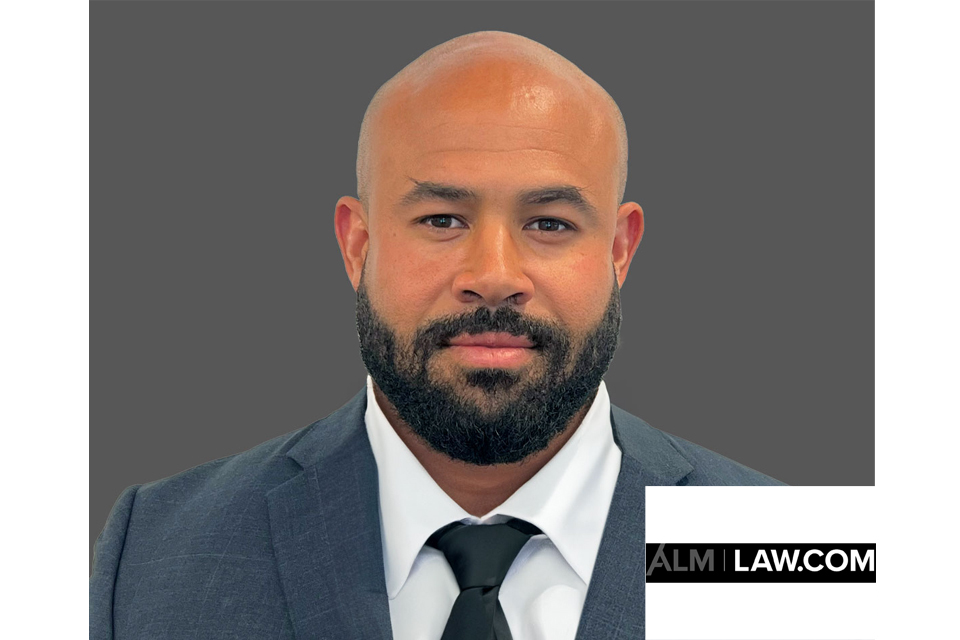

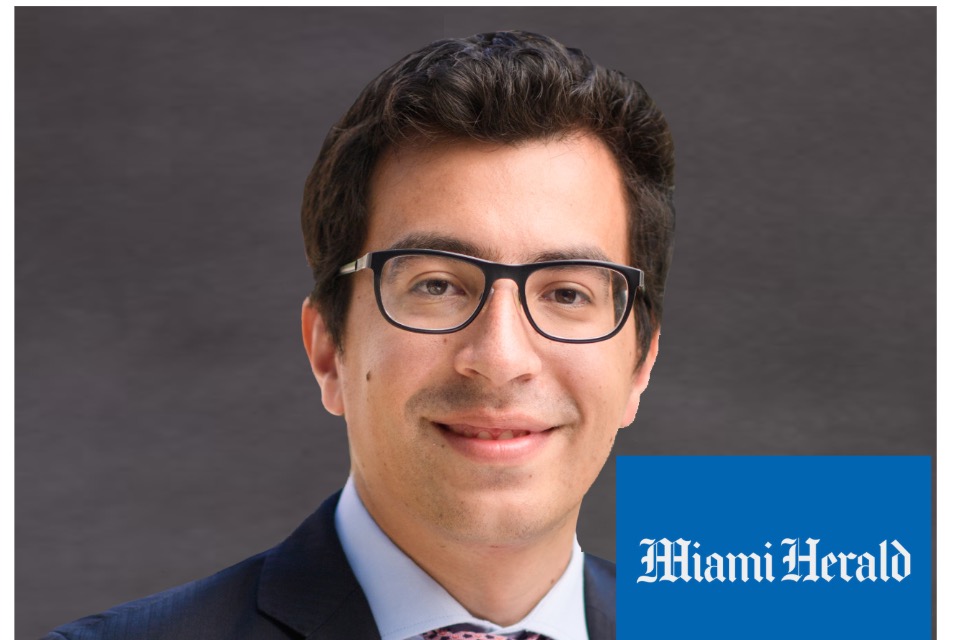




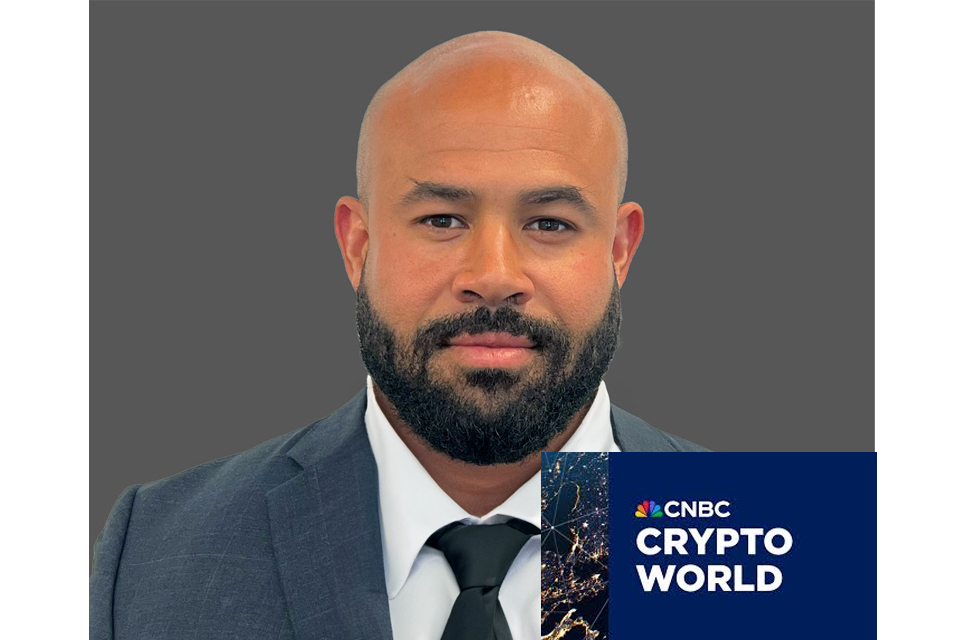

















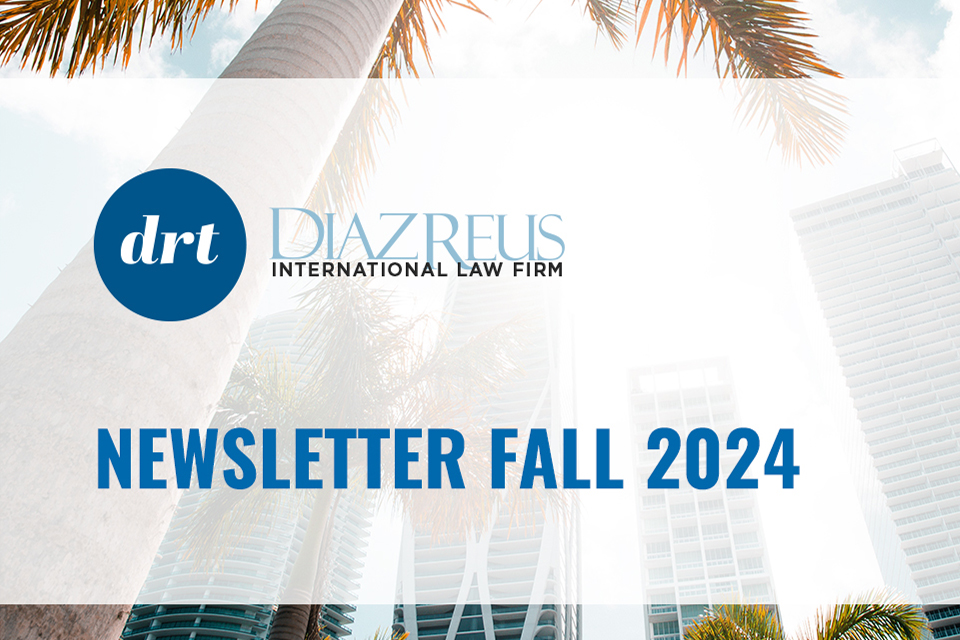






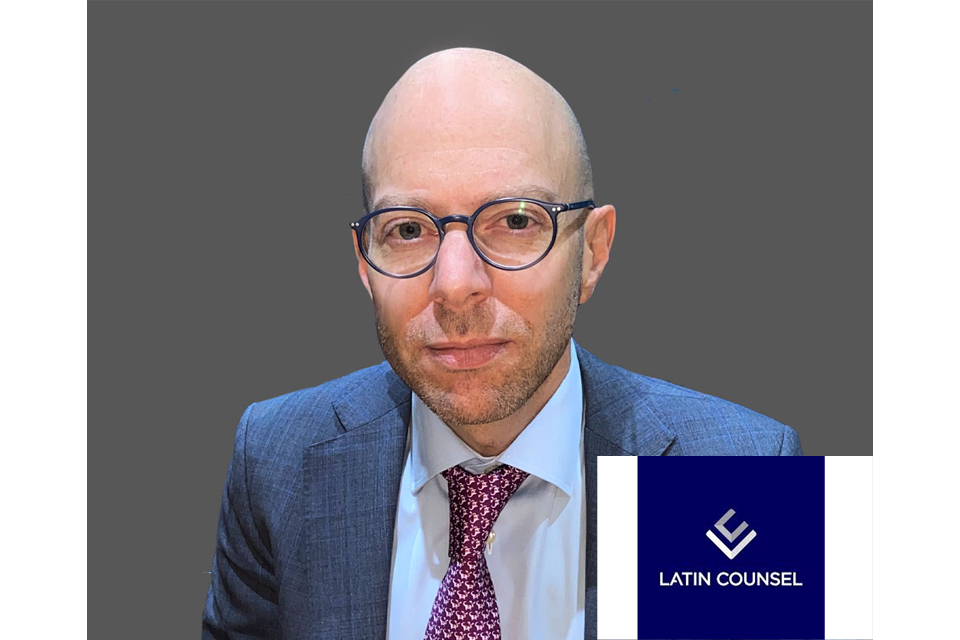





































![Especial abogados Salón de la Fama[61] 4](https://diazreus.com/wp-content/uploads/2023/06/Especial-abogados-Salon-de-la-Fama61-4-pdf.jpg)



























































































































































































